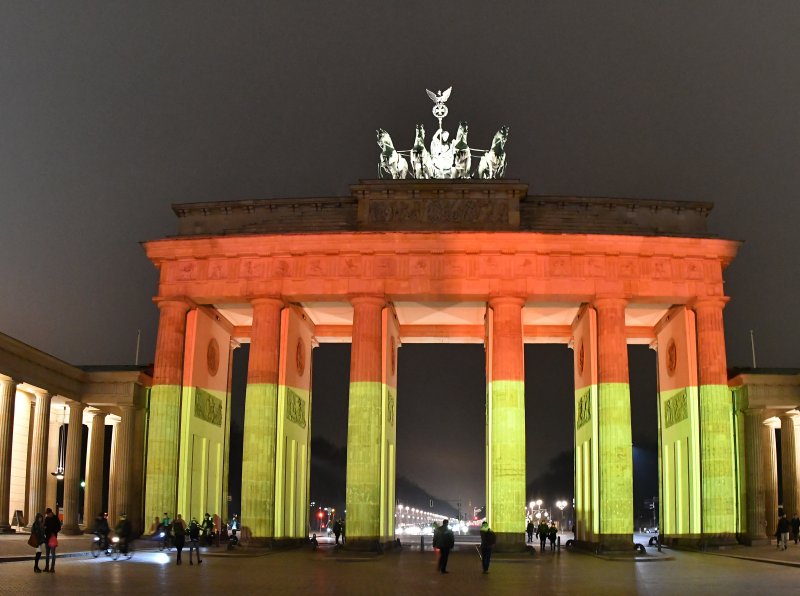The European Commission has signed off on German plans to support alternative vehicles for public transportation. File photo by Paul Zinken/EPA
Feb. 26 (UPI) -- The European Commission said Monday it was supportive of German plans to spend more than $80 million on infrastructure for greener public transportation.
The commission found German plans for an $86 million support scheme for electric buses and related charging infrastructure is in line with environmental goals and won't distort the market.
"This scheme is another positive example of how to fight global warming," Margrethe Vestager, the commissioner in charge of competition policy, said in a statement. "In line with the EU environmental goals, it will give public transport operators an incentive to invest in low or zero emissions vehicles with the clear objective of reducing CO2 emissions and improving air quality,"
Carbon dioxide is a potent greenhouse gas. Germany has one of the greener economies in the European Union.
German utility company E.ON already has plans to place an ultra-fast charging station at a motorway between Frankfurt and Nuremberg. With $11.6 million in funding from the European Commission, the German company and service provider CLEVER also said they'd link the countries connecting Norway to Italy with a network of 180 charging stations for electric vehicles.
In the domestic market, Dorothee Bär, the federal transport minister, said the government set aside $355 million to help build tens of thousands of charging points on the German highway network.
The public transportation scheme envisions support for the acquisition of plug-in electric buses instead of diesel-fueled options as well as the construction of the infrastructure necessary to charge and operate the cleaner vehicles.
British energy company BP reported in an annual forecast that it expected 180 million electric vehicles on the world's roads by 2035. That's expected to crimp global oil demand in the coming years as about 30 percent of total miles driven in 2040 will be fueled by electricity.
Elsewhere, a Chinese transport group said it could expand the fleet of electric buses in Beijing from around 1,000 to roughly 10,000 by the start of the next decade. With chronic pollution concerns, planners in Beijing said each new electric bus would eliminate about 45 tons of carbon dioxide emissions every year.















